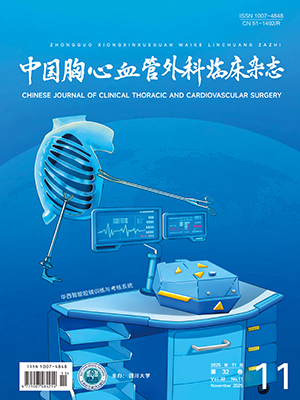Objective To systematically evaluate the risk factors for persistent cough after lung resection, providing a theoretical basis for preventing persistent postoperative cough. Methods The Cochrane Library, Web of Science, EMbase, PubMed, Chinese Biomedical Literature Database, Wanfang, CNKI, and VIP databases were searched for studies related to risk factors for persistent cough after lung resection. The search period was from database inception to March 30, 2023. Two researchers independently screened the literature, extracted data, and performed quality assessment. RevMan 5.3 software was used for meta-analysis. Results A total of 17 articles with 3 698 patients were included. Meta-analysis results showed that females [OR=3.10, 95%CI (1.99, 4.81), P<0.001], age [OR=1.72, 95%CI (1.33, 2.21), P<0.001], right-sided lung surgery [OR=2.36, 95%CI (1.80, 3.10), P<0.001], lobectomy [OR=3.40, 95%CI (2.47, 4.68), P<0.001], upper lobectomy [OR=8.19, 95%CI (3.87, 17.36), P<0.001], lymph node dissection [OR=3.59, 95%CI (2.72, 4.72), P<0.001], bronchial stump closure method [OR=5.19, 95%CI (1.79, 16.07), P=0.002], and postoperative gastric acid reflux [OR=6.24, 95%CI (3.27, 11.91), P<0.001] were risk factors for persistent cough after lung resection, while smoking history was a protective factor against postoperative cough [OR=0.59, 95%CI (0.45, 0.77), P<0.001]. In addition, the quality of life score of patients with postoperative cough decreased compared with that before surgery [MD=1.50, 95%CI (0.14, 2.86), P=0.03]. Conclusion Current evidence suggests that females, age, right-sided lung surgery, lobectomy, upper lobectomy, lymph node dissection, bronchial stump closure method (stapler closure), and postoperative gastric acid reflux are independent risk factors for persistent postoperative cough in lung resection patients, while smoking history may be a protective factor against postoperative cough. This provides evidence-based information for clinical medical staff on how to prevent and reduce persistent postoperative cough in patients and improve their quality of life in the future.
Citation:
QUAN Dandan, HONG Jingfang, ZHANG Tian, LI Congling. Risk factors of persistent cough after pneumonectomy: A systematic review and meta-analysis. Chinese Journal of Clinical Thoracic and Cardiovascular Surgery, 2025, 32(5): 700-708. doi: 10.7507/1007-4848.202307014
Copy
Copyright © the editorial department of Chinese Journal of Clinical Thoracic and Cardiovascular Surgery of West China Medical Publisher. All rights reserved




